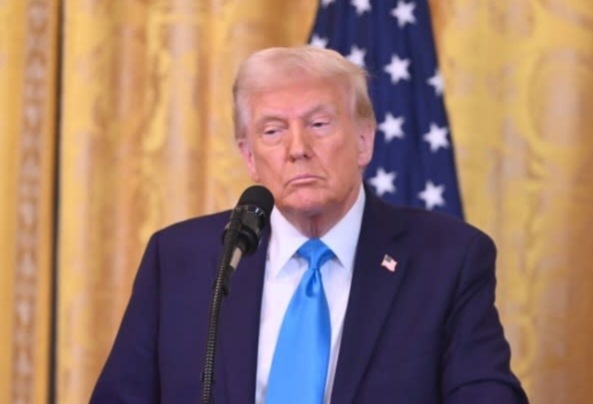President Donald Trump has called for an investigation into pollsters who have shown a decline in his approval ratings in recent weeks, accusing them of “election fraud.” He referenced polls from The New York Times, ABC News/The Washington Post, and Fox News, which reported approval ratings of 42%, 39%, and 44% respectively. In response, Trump posted on Truth Social, labeling these pollsters as “negative criminals” and claiming they lose credibility when their predictions of his losses are proven wrong after elections. He also accused them of continuing to deceive the public in subsequent cycles.
Trump has frequently criticized unfavorable polls as rigged and has instead promoted polls that show support for him.
His call for investigations marks an escalation in his ongoing efforts to discredit institutions that he believes oppose his presidency.
Polling Trump’s base has posed challenges for researchers, leading to concerns that his support may often be underrepresented. Presidential approval ratings are also volatile, offering only a snapshot of public opinion at a specific moment.
The polls Trump cited indicated that his approval rating had dropped to its lowest point compared to any president in the past 80 years at the same stage of their presidencies. A poll from The New York Times and Siena College found that only 31% of respondents approved of his handling of deportations, and 43% approved of his economic policies. Trump, however, dismissed these results, claiming that respected pollster John McLaughlin deemed them “fake.” He continued to criticize the media for what he perceives as a negative bias against him.
Trump also accused the press of no longer being free and fair, calling it compromised and corrupt. McLaughlin, Trump’s campaign pollster, suggested that certain polls, including those from The New York Times and ABC/The Washington Post, had deliberately underrepresented his supporters. As the election cycle progresses, Trump’s polling numbers will likely fluctuate, influenced by key policy issues like tariffs, with the potential to affect Republican chances in the 2026 midterm elections.













